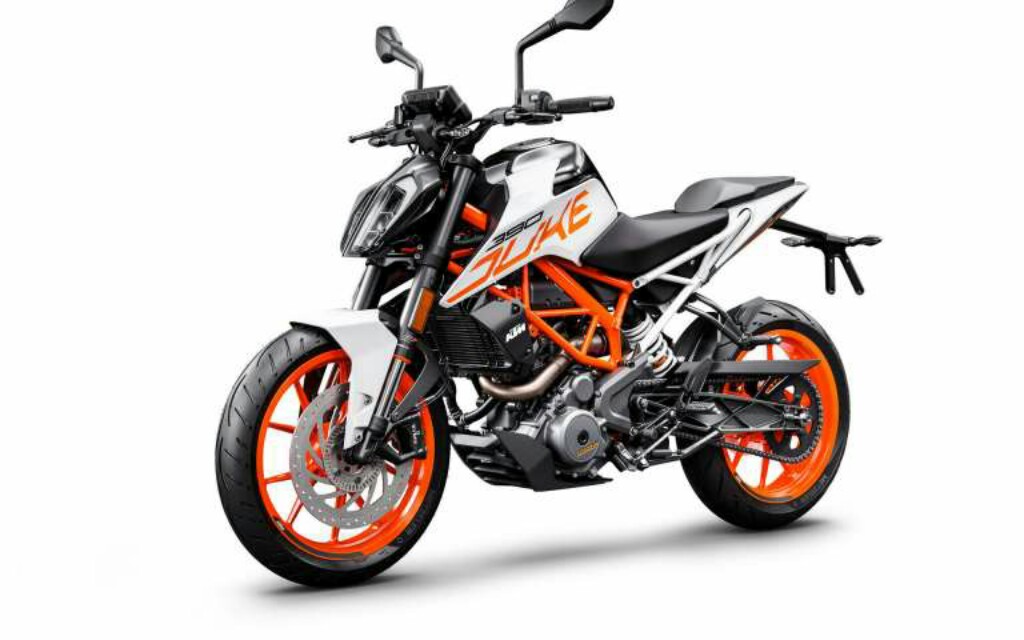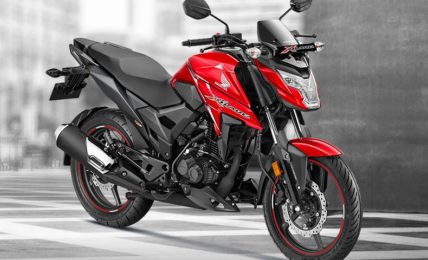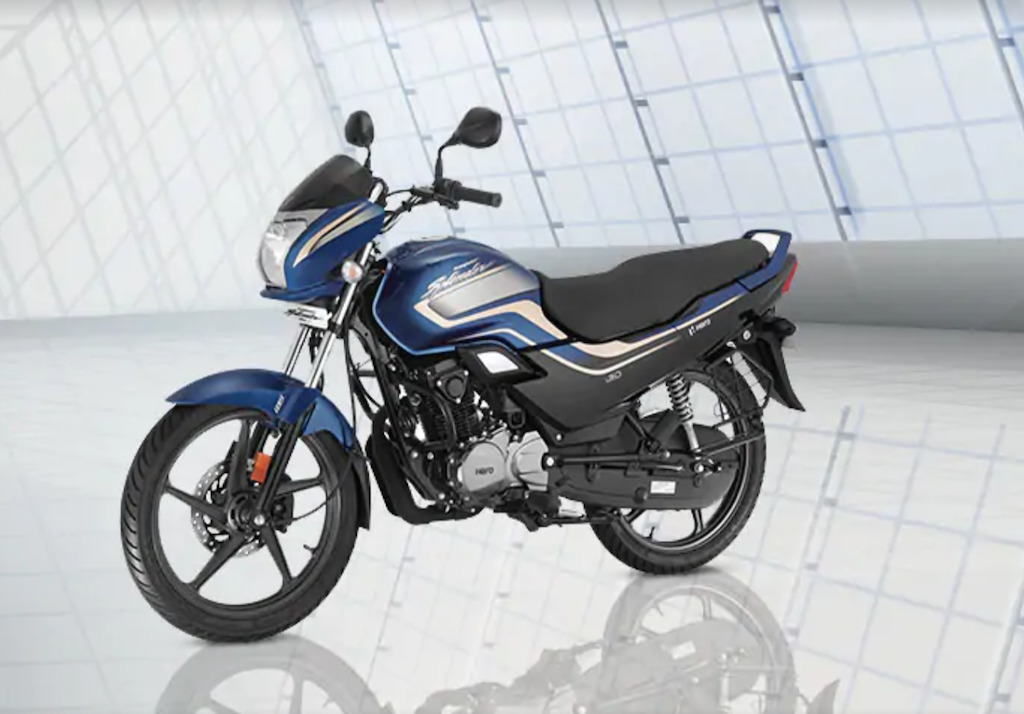From April 2025 you might only see electric 2-wheelers on Indian roads.
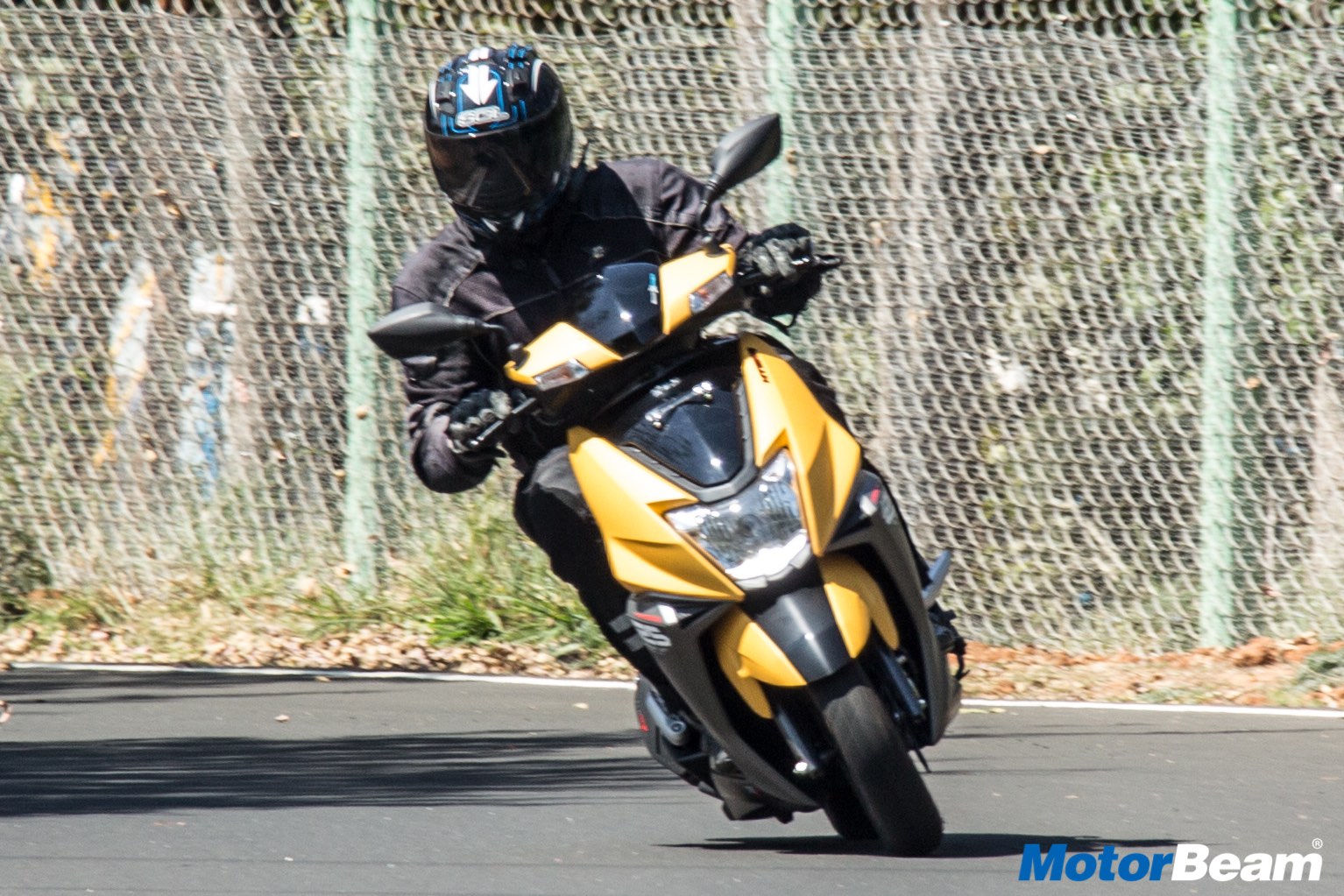
The Indian automotive sector has seen a big shift towards a greener future with the implementation of the BS6 norms. This is considered to be as the first step to a greener automotive industry. The government is now expected to mandate the sale of only electric 3-wheelers from April 2023 and no sub 150cc 2-wheelers sales will be made post-April 2025.
These two segments have reported annual sales of over 2 crore units and account for more than three-quarters of road traffic. Therefore, it is only sensible for the government to imply such norms in an attempt to curb pollution. Although, the scooters and 3-wheelers sold before these deadlines will continue to be on the roads.
The industry is being given 4-6 years of a transition window to recuperate their investments with the current transition to the BS6 rules. These deadlines for the 3-wheelers and scooters might be applied for the delivery vehicles and school and city buses too.
The direct subsidy for electric 3-wheelers will be doubled to Rs. 20,000/- per kWh to make it more favourable for those who depend on the traditional power sources. The government is also looking to imply acrimonious fuel efficiency norms for new fossil fuel powered cars while giving financial and other concessions to the EV segment.
The framework for the carbon credit scheme is being finalised by the power ministry to help the corporate average fuel efficiency (CAFE) norms. CAFE norms will be an imposition for the automakers to shift the manufacturing for more electric vehicles.
The work for an electric charging infrastructure has begun since the time when Nitin Gadkari, transport and highways minister had suggested that the government will push the automotive industry to use alternative fuel. The switch to electrifying the automotive sector is a chance for the Indian auto sector to emerge as a global hub.
However, the government is not planning to offer any concession to the automakers. They will instead be reserved for battery manufacturers. With the help of the FAME scheme, battery manufacturers can capture 81 percent of the value creation. An investment of around Rs. 50,000 crores in battery manufacturing and storage will be made by 2025 for the electric 2 and 3-wheelers.
150cc 2-Wheelers Ban
– There will be no sub 150cc petrol powered scooter from April 2025
– These steps will be made in order to reduce air pollution
– Mandatory sale of only electric 3-wheelers from April 2023 will be implied
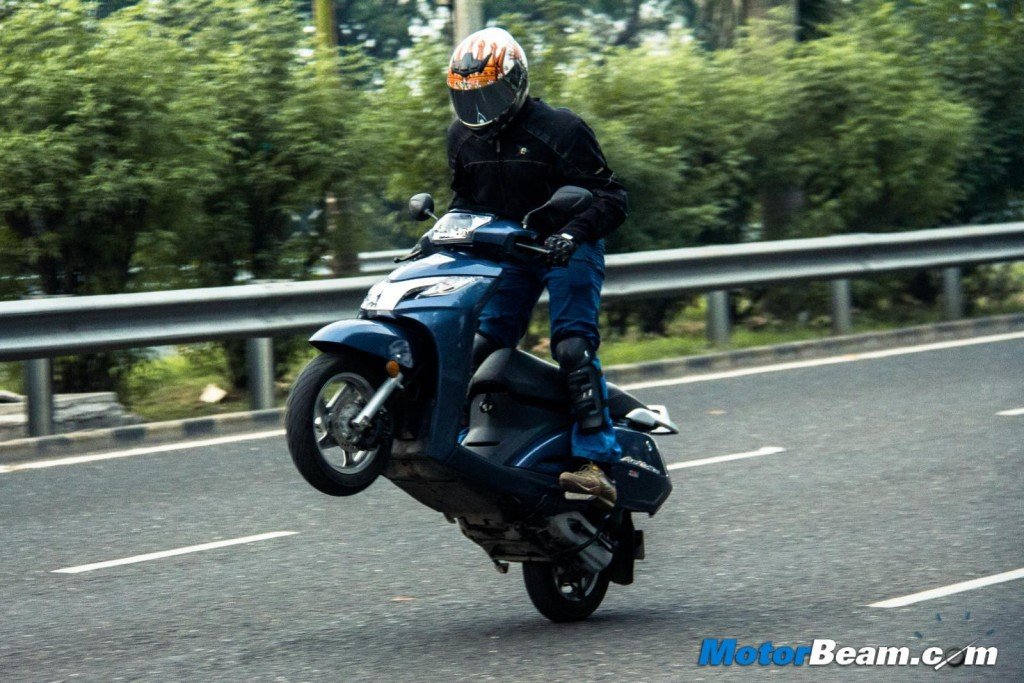
Source – ETAuto.com


